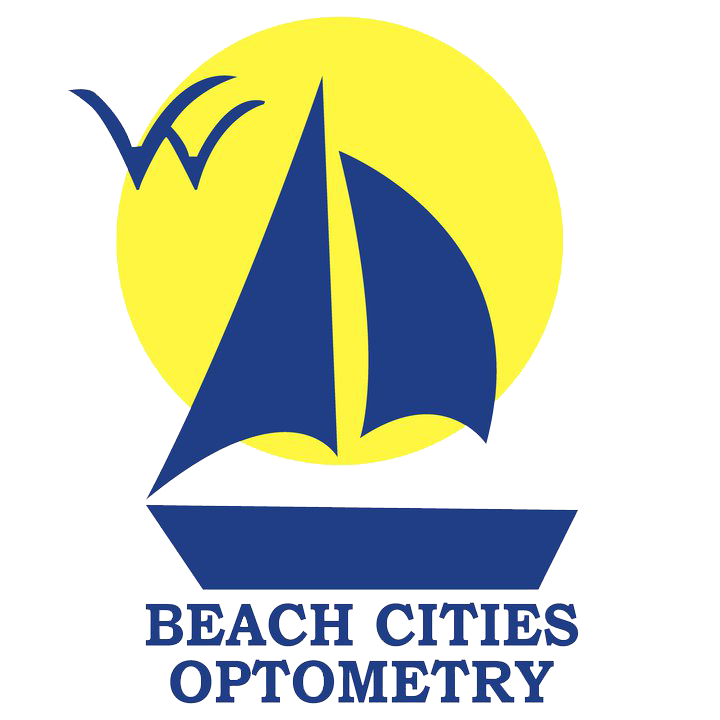
The American Optometric Society indicates that dry eye is a common condition. It affects many, including those who need corrective contact lenses. Wearing these lenses can be challenging for these patients. The symptoms of dry eye syndrome make affected people wonder if they could wear contact lenses. Here are the details showing that you can wear contacts despite your dry eye syndrome.
Materials for Lenses
If you have dry eyes, you have many options to consider when it comes to lens materials. Rigid gas-permeable contacts have a hard material that allows oxygen to enter the eye. Soft contacts have flexible plastic that also allows oxygen to pass into the eye. These lenses contain water in the form of a hydrogel. You can choose disposable lenses that you can only wear for a day. Extended-wear soft contacts are good to wear for up to a month.
Protein deposits tend to form in extended-wear lenses. They tend to dry your eyes more. Disposable contact lenses prevent these deposits from forming. Silicone-based hydrogel lenses retain water. They can help reduce dry eye symptoms better than traditional hydrogel contact lenses.
The Water Content
Soft contacts can either have high-water content or low-water content. Lenses with high-water content cause dry eyes more than lenses with low water content. High-water content lenses give your eyes more moisture when you put them in the first time. That is why they can dry at a faster rate. Your eye doctor can fit lenses with varied water contents until you have the right one to suit your needs.
The Lens Size
The diameter is important for contact lens users. Most lenses are nine millimeters across. These lenses cover the colored part of the eye, the iris. Scleral lenses have a larger diameter. They include the sclera, which is the white part of the eye. These lenses are gas-permeable. They let oxygen into the eye. Some patients experience a significant improvement with scleral lenses.
Changing Contact Lens Solutions
There are cases when the issue does not lie in the type of contact lens that you wear. It may lie in the lens cleaning solution that you use. There are solutions with preservatives that can irritate or dry your eyes. These products may not match the soft contact lenses that you have. The reaction may result in dry eyes. Your eye doctor can help you find the right cleaning solution for your contacts.
Observe Proper Lens Maintenance Practices
Proper care and maintenance can help prevent dry eyes. Using the right type of cleaning solution is not enough. You must wash your hands well before you handle your contact lenses. This will remove the debris and contaminants from your hands.
Always remember that sleeping with your contact lens on can increase your risk of developing eye infections. These can irritate your eyes and cause them to dry. Removing, cleaning, and placing them in the case can prevent your eyes from irritation and dryness. Following the directions for wearing your contacts can help keep your contact lenses fresh. Also, staying lens-free for a few hours a day can help your eyes breathe for a while.
Wearing contact lenses even if you have dry eyes is possible. At Beach Cities Optometry, we help our patients maximize the benefits of their prescription lenses. Please visit our clinic in Manhattan Beach, California, for an in-person consultation. Call us at 310-906-4426 to set an appointment or ask about our dry eye contact lens packages.







